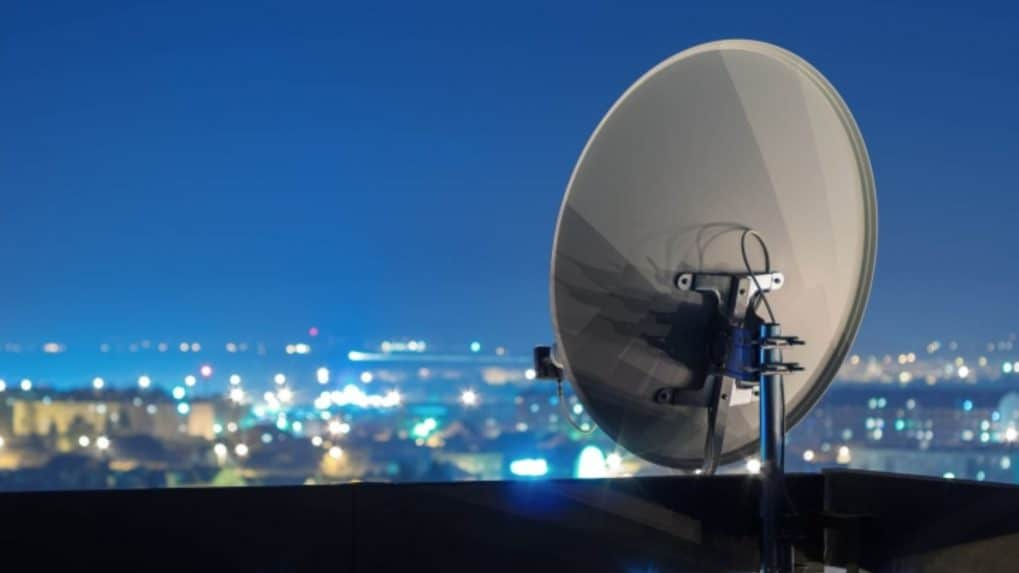Sony, Zee channels off DTH packs: Are DPOs 'arm-twisting' broadcasters?
Broadcasters, including Culver Max Entertainment (formerly Sony Pictures Networks India) and Zee Entertainment Enterprises Ltd (ZEEL), are allegedly demanding a 10–20% increase in annual subscription fees.
ADVERTISEMENT
In a growing standoff that raises questions about the power dynamics between distribution platform operators (DPOs) and broadcasters, major DTH players Tata Play and Airtel Digital TV have removed channels of Sony and Zee Network, respectively, from their base packs. Sources cite disagreements over tariff hikes proposed by the broadcasters.
Broadcasters, including Culver Max Entertainment (formerly Sony Pictures Networks India) and Zee Entertainment Enterprises Ltd (ZEEL), are allegedly demanding a 10–20% increase in annual subscription fees. However, DTH operators are resisting the hike, citing stagnant average revenue per user (ARPU) and increasing customer churn, especially in a price-sensitive market.
The dispute turned public in May when Tata Play dropped Sony channels from its packs. The DTH operator claimed the broadcaster displayed a scroll on channel for subscribers to move to other operator. Tata Play then approached the Telecom Disputes Settlement and Appellate Tribunal (TDSAT) to challenge a ₹128.42 crore demand notice issued by Culver Max. TDSAT directed Tata Play to deposit ₹40 crore and temporarily stayed the broadcaster's disconnection notice.
Culver Max subsequently moved the Bombay High Court, contesting a TDSAT order that barred it from making public statements about the channel removals, signalling how contentious and complex the negotiations have become.
In a parallel development, Airtel Digital TV subscribers were caught off guard when Zee channels disappeared from their DTH packages. The move, which has not been accompanied by any transparent communication from ZEEL, is reportedly a result of Airtel’s resistance to subscription fee hike proposed by the broadcaster.
Industry veterans say this is not new. A senior broadcasting executive, requesting anonymity, told Storyboard18, "This is a common tactic used by DTH operators. When major sporting events or premieres are scheduled, they sometimes remove the channels to pressure broadcasters, impacting their viewership and advertiser interest."
Another broadcaster echoed the sentiment, adding, "Advertisers begin to question a channel’s reach. These removals directly impact channel's business. Content creation has become costly and it is an industry norm to increase subscription fee on timely basis to sustain business. In the long run, such hiccups will impact DTH operators, leading to subscribers to opt for other DTH or cable operator."
However, Tata Play MD and CEO Harit Nagpal rejected allegations of coercion, clarifying, "This is not a channel takedown situation. When someone has a dispute and takes down a channel, it means none of their subscribers can view it. That's not the case here. We’ve not removed any Sony channels from Tata Play’s platform. This is a regular practice we follow, driven by data and aimed at improving affordability for our subscribers.”
Nagpal further said, “We observed that there’s a wide gap between channels people subscribe to and the ones they watch. Often, when channels are bundled, people pay for all but watch only one or two. We particularly monitor customers who are slow to recharge—5, 7, sometimes even 15 days late. That’s an indicator they don’t see value in what they’re paying. We remove channels for users who are least engaged but also offer them a way to bring it back.”
Airtel issued a similar clarification, stating that all Zee Network channels remain available on its platform and can be added individually at market rates. “Due to recent changes in broadcaster tariffs, Zee Network channels will no longer be part of the Airtel DTH base packs. These pack prices will be adjusted accordingly. All Zee network channels are available on Airtel DTH and can be added individually to the list of subscribed channel at their respective MRPs via channel selection options.” the company spokesperson said.
Meanwhile, regulators have been urged to step in. “Consumers don’t understand these disputes. If they don’t receive what they paid for, they simply migrate to other platforms. It’s time regulators intervened to protect viewer interests,” said another industry veteran.
Despite queries sent by Storyboard18, both Culver Max and ZEEL have not commented publicly on the matter.
Read more: Breaking: After Tata Play, Airtel TV drops ZEEL channels amid tariff dispute
Read more: Culver Max moves Bombay HC against gag order by TDSAT in Tata Play dispute


